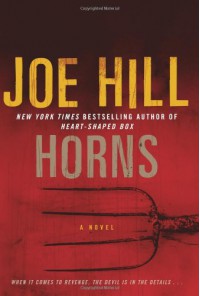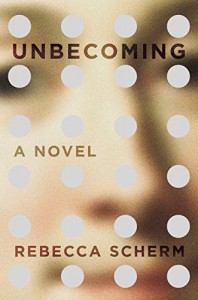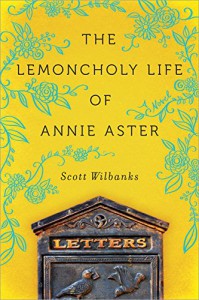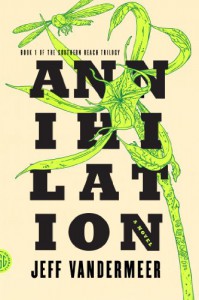Rumble

Rumble
Ellen Hopkins, 2014
Matthew Turner wasn't sure he believed in God even before his younger brother was bullied into suicide by the supposedly-Christian kids at school. But Matt can't put all the blame on the other kids at school, or his bigoted sports-obsessed father, or even God - he knows that a good portion of the blame falls on himself. The only thing keeping him sane is his girlfriend, Hayden. But when a secret comes out that throws everything Matt thought he knew into question, his life comes crashing apart, and he realizes that he needs to find a way to not only to ask forgiveness, but also a way to move on.
Okay, not my best summary, but I tried to do it without giving away the major plot point that the book jacket does.
I adore Ellen Hopkins. Despite the fact that her books are always completely depressing and don't usually end well for the main characters, I find her stories completely intriguing. I was also pretty wary of novels in verse before I started reading hers, but I love the way that she writes so much that the books being in verse is a complete non-issue. [Also, I like to point out that the books are written in verse so that the often 500-plus pages that her books clock in at don't seem as daunting.]
I was a little wary with this book being about religion, because a lot of authors could have taken this issue and gone either very preachy or very anti-religion. Hopkins managed to have an atheist protagonist and a Christian antagonist, while still not coming down completely on one side or the other. She made it easy to hate a lot of the Christian characters without hating the idea of God. This is an important issue for me, personally, because it bothers me when people - Christians and non-believers alike - put out the idea that all Christians are intolerant. As someone who believes in God and identifies generally with the Christian faith, but who also believes that being gay is not a sin, it's refreshing to read a book that can address this issue with a little bit of grace.
I know that some reviewers have hard a hard time with Matthew as the sole narrator. Hopkins often uses two or more narrators in her books, so having one narrator only is a bit of a departure and - as one reviewer I often read noted - the kind of narrators that Hopkins usually writes can be a little hard to take for the whole 500-plus pages without some kind of a break. Matthew is no exception. He's a very angry individual, and while I didn't hate him, I did often find some of his choices and the way he lashed out at certain people to be very off-putting. But while I didn't always love him or agree with where he was coming from, I found his voice to be pretty realistic for a character his age going through what he was going through. I completely believed that someone dealing with his same issues would come out of the situation that angry with the world. So while I understand where the other reviewers were coming from, I actually liked hearing Matthew's voice throughout the story.
Overall, I thought that this was a very well-written book that deals with the issues of religion and teen suicide in a realistic and competent way. I find that Hopkins writes teens very well and is good at writing about teen issues in a way that I think would make this audience think but also well enough that it would make them want to pick up the book in the first place. This book is no exception. I'll definitely be reading more of her books in the near future - in fact, I've decided to go on a bit of a Hopkins binge over the next month or so - so more reviews to come. If you've never read Hopkins, I'm not sure I would start with this one - I'd probably recommend Crank for your first - but this book is definitely worth a read.


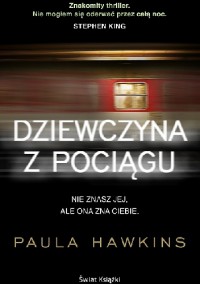
 10
10


 1
1


